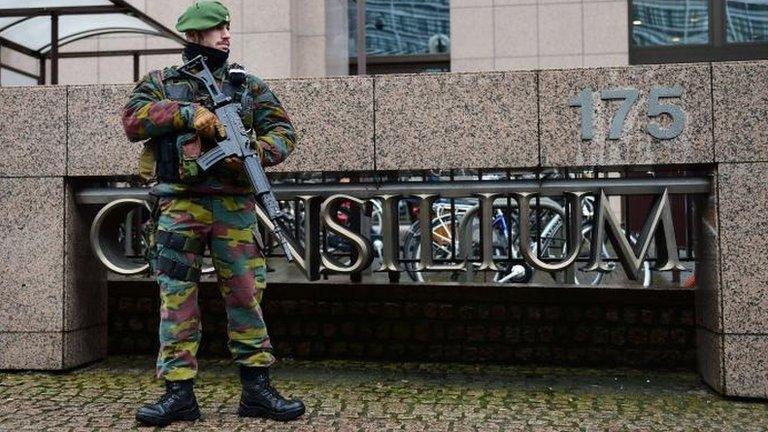PM David Cameron defends letter to Islamic leaders
- Published
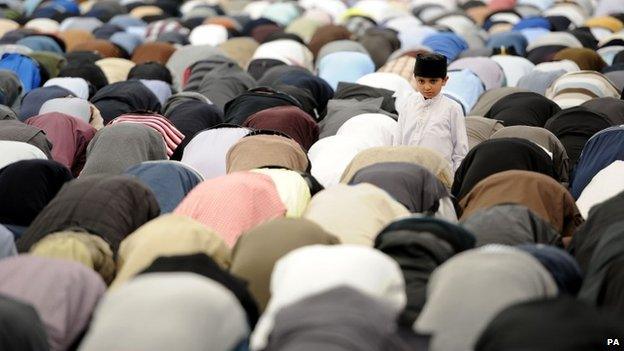
David Cameron has defended a letter urging senior Muslims to explain how Islam "can be part of British identity", amid criticism from leaders.
The Muslim Council of Britain (MCB) criticised some aspects of the letter, including the "implication that extremism takes place at mosques".
Mr Cameron said the letter, written by Communities Secretary Eric Pickles, external, was "reasonable, sensible and moderate"
The letter was sent to 1,000 Muslim leaders after the attacks in Paris.
The prime minister said Mr Pickles was "absolutely right" to write the letter urging leaders to do more to tackle extremism.
"Anyone who reads this letter - and I've read the letter - will see that what he is saying is that British Muslims make a great contribution to our country, that what is happening in terms of extremist terror has nothing to do with the true religion of Islam," he said.
"It's being perverted by a minority who have been radicalised."
David Cameron: "I think it's absolutely right to write this letter"
'Proud of your country'
In the letter, Mr Pickles stressed he was "proud" of the way Muslims in Britain had responded to the Paris terror attacks but added that there was "more work to do".
He wrote: "You, as faith leaders, are in a unique position in our society. You have a precious opportunity, and an important responsibility, in explaining and demonstrating how faith in Islam can be part of British identity.
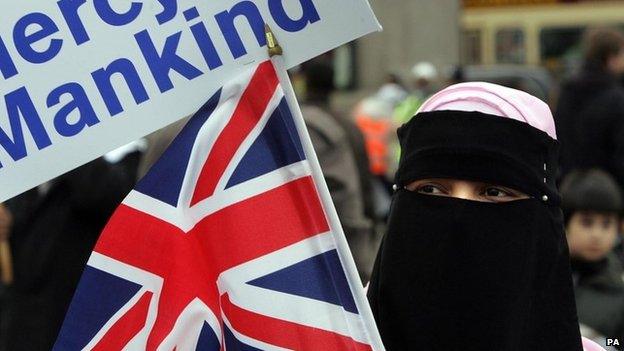
"We believe together we have an opportunity to demonstrate the true nature of British Islam today. There is a need to lay out more clearly than ever before what being a British Muslim means today: proud of your faith and proud of your country. We know that acts of extremism are not representative of Islam, but we need to show what is."
Lord Ahmad: "It is incumbent on Muslims to speak out"
But MCB secretary general Shuja Shafi said Mr Pickles' letter "could have been worded differently".
In his reply to the communities secretary, he wrote, external: "We take the point that your letter was written in good faith, and we agree with your assertion that British values are indeed Islamic values.
"However, we do take issue with the implication that extremism takes place at mosques, and that Muslims have not done enough to challenge the terrorism that took place in our name.
"This is why we responded to the media, and an assertion in some quarters, that you were somehow endorsing the idea that Muslims and Islam are inherently apart from British society. We reject such notions.
"We also reject suggestions that Muslims must go out of their way to prove their loyalty to this country of ours."
He said the MCB was working to "bring communities together and defy extremists of all kinds" - and this was being done "not out of apology, but because it was the right thing to do".

Analysis
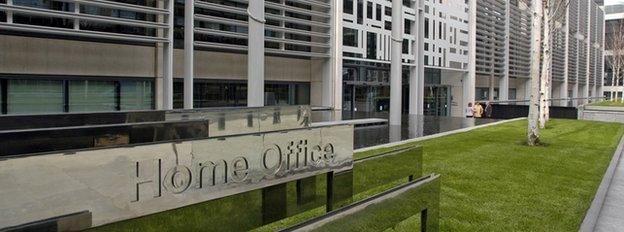
By Mark Easton, BBC home editor
Ministers' attempts to reach out to British Muslims during heightened concern over terrorism have always posed political and cultural dilemmas.
For many years, the government worked closely with the Muslim Council of Britain - a self-appointed body which presents itself as representative of the wider community.
But about 10 years ago ministers began to seek out other more moderate Muslim partners, and when, in 2009, the MCB's deputy secretary general, Daud Abdullah, declared personal support for Hamas in Gaza, the then Communities Secretary Hazel Blears ended formal relations.
When David Cameron arrived in No 10, he also refused to do "formal things" with the council unless it distanced itself from Dr Abdullah.
This fragile relationship reflects the wider challenge for politicians who want to show they are taking the threat from Islamic extremism seriously.
The Home Office has cut counter-terror funds to many Muslim organisations as part of its reform of the Prevent strategy, and when police last year appealed to Muslim mothers to stop their children going to Syria, some criticised it for playing to the dangerous view that all Muslims are potential terrorists.
As Eric Pickles says in the opening paragraph of his letter to mosques, finding the right response to events is "a challenge for everyone".

Mohammed Shafiq, chief executive of the Ramadhan Foundation, said he was "dismayed" by Mr Pickles' letter, which was "typical of the government only looking at Muslims through the prism of terrorism and security".
"We do not need a patronising letter from ministers to tell us to campaign against terrorism, promote values and do more against extremism when all the evidence points to Muslims organisations doing just that," he said.
But Haras Rafiq, of the Quilliam Foundation think tank, said he was disappointed by the negative reaction of some Muslims.
"Whether we like it or not, there are some mosques, some imams who are preaching hate," he said.
The letter has been criticised by some other religious leaders. The leader of the Catholic Church in England and Wales, Cardinal Vincent Nicholls, said it should have asked "how Muslims can contribute to our values, not just have asked how Islam can be part of British identity".
Former Chief Rabbi Lord Sacks said he believed the government's letter was "well-intentioned" but he understood the frustrations of Muslim leaders.
"The truth is that Islamism, like all modern global political movements, is actually a global phenomenon - transmitted by the internet, transmitted by social media," he said.
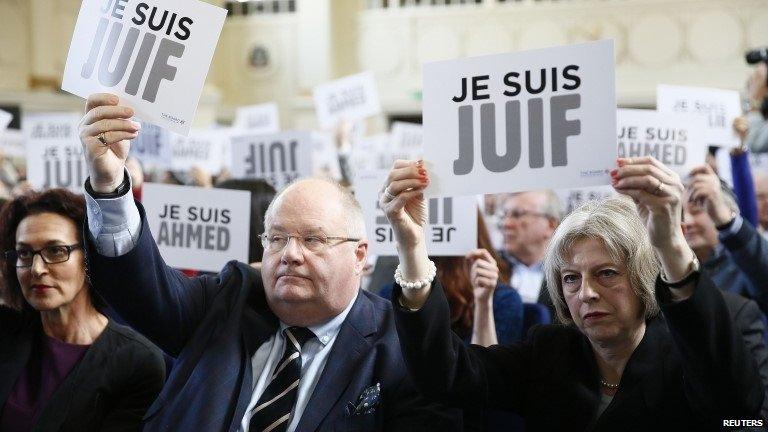
UK police have said there is "heightened concern" about risks to Jewish people, following the atrocities in Paris.
On Sunday Mr Pickles joined Home Secretary Theresa May at a service in London, organised by the Board of Deputies of British Jews, to remember those killed.

Is hate crime on the march?
By Dominic Casciani, BBC home affairs correspondent
Time and again there are spikes in hate crime because of "trigger" events at home or abroad.
Police recorded 44,500 hate crimes in England and Wales during 2013-14 - that's up 5% on the previous year across race, religion, sexual orientation, disability and transgender.
Some of that will be better reporting of existing levels of hate.
But the breakdown shows there was a 45% jump in religiously motivated incidents to 2,300 - including a spike in anti-Muslim attacks after the Woolwich murder of Fusilier Lee Rigby.
A more recent trigger was last summer's fighting between Israel and Hamas in Gaza. Jewish security analysts recorded a surge in anti-Semitic incidents incidents to 500 across July and August. Most of the identifiable perpetrators were thought by the victim to be Muslim, rather than white racists.
But while one poll last week suggested almost half of British Jews thought they may not have a future in their home, another detailed but largely unreported survey, external contradicted those findings.

Mrs May said the UK had to redouble its efforts to "wipe out anti-Semitism".
She also said she never thought she would "see the day when members of the Jewish community" would be "fearful" of staying in the UK.
Education Secretary Nicky Morgan said it was "shocking" that Jewish schools were "having to worry ever more about their security" - and said she was "open" to discussing funding to cover extra measures.
Labour leader Ed Miliband said there was a "palpable sense of anxiety" in Britain's Jewish community.
"The best answer to this is to stand up loud and clear against anti-Semitism in all its forms," he said.
A total of 17 people died in France in a series of attacks by gunmen over three days, including four men at a kosher supermarket on 9 January.
It began with a massacre at the offices of satirical magazine Charlie Hebdo by militant Islamists, during which eight magazine staff, a visitor to the magazine and a caretaker also died.
- Published14 January 2015
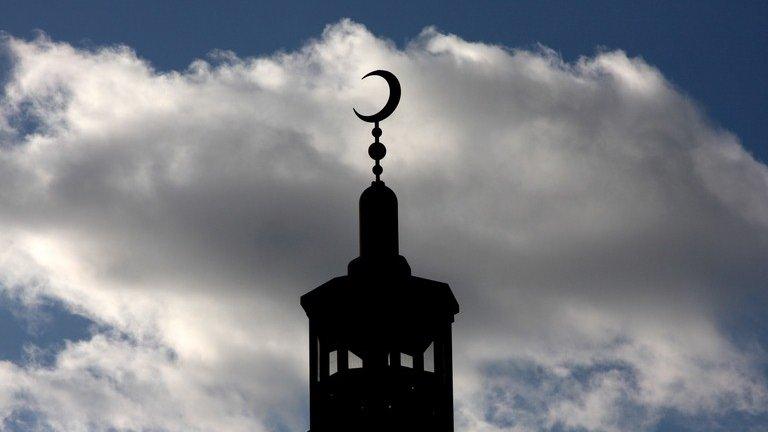
- Published19 January 2015
